Election 2022: We don’t talk anymore
In the absence of defining policies and a loss of faith in politicians, blame games and trivia have replaced any discussion of significant national issues.
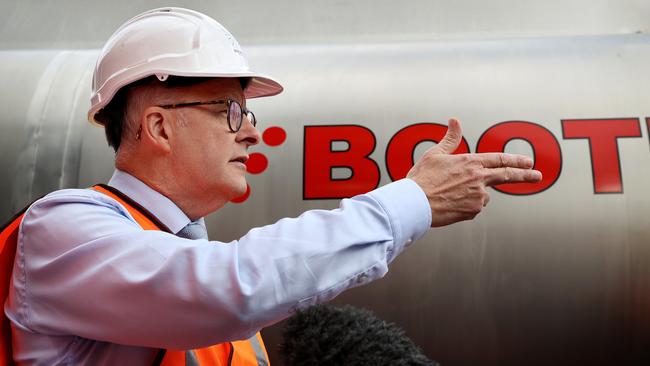
Serious questions about economic management, policy priorities and vital decisions are being reduced to cultural catchcries, absurd illogical reductions and downright dissembling to the point of lies.
Two weeks into the election campaign, there has not been a single significant economic reform proposed.
There was no detailed debate about economic solutions in the first leaders’ debate on Wednesday night in Brisbane; no specifics about Labor’s plan for growth; and no major initiative from the Coalition. The vacuum is being filled, willingly and deliberately by some as a distraction, with accusations that party leaders are insensitive or lying; demands that candidates should be “cancelled”; claims of transphobia; fears of religious discrimination; and hyper-personalisation of broad and complex issues.
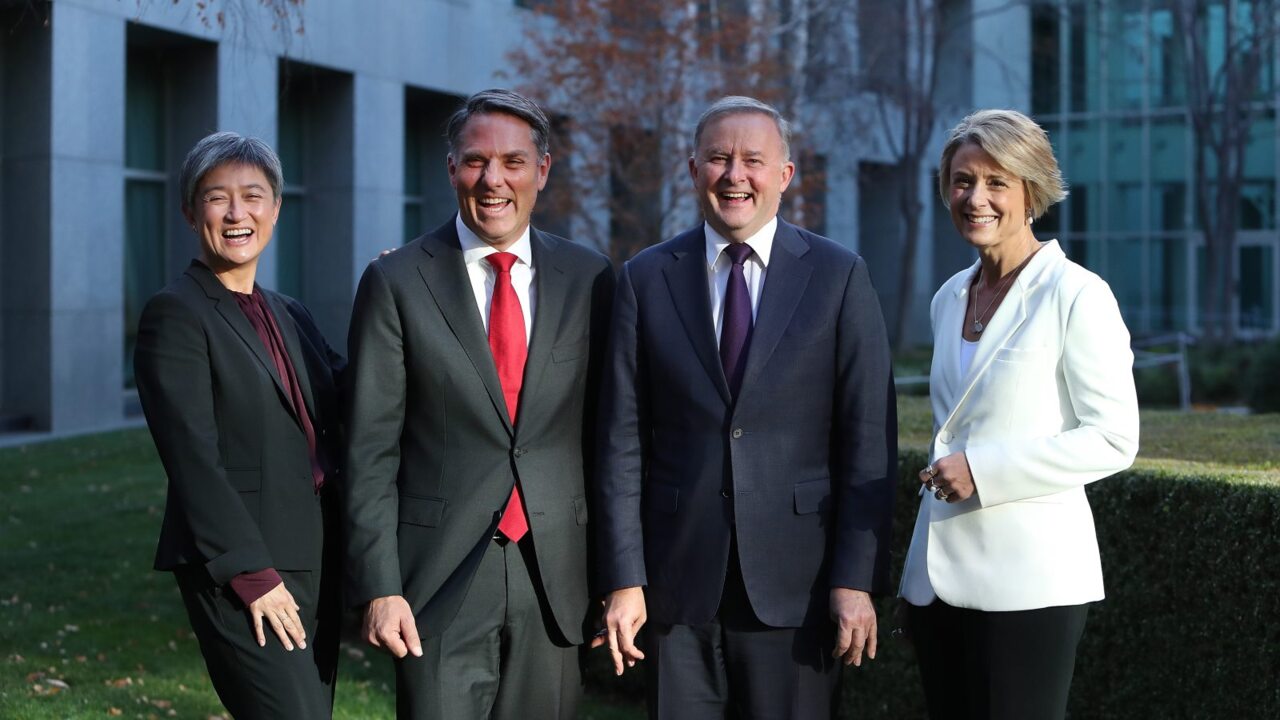
There is a deep irony that at a time of maximum loss of faith in politicians, record low level support for the major parties, a misguided assumption that a hung parliament is good governance and huge voter frustration and mistrust, Liberal, National, Labor, Greens, One Nation, United Australia Party and “teal” Climate 200 candidates are saying trust us.
Scott Morrison says trust the Coalition to continue its pandemic economic recovery. Anthony Albanese says trust Labor with an optimistic but vague plan. And the Australian Greens’ Adam Bandt, One Nation’s Pauline Hanson and the UAP’s Clive Palmer can all afford to say trust us to keep the major parties in line and offer madcap policies because they don’t face any responsibility.
As for the so-called teal independents, they seek to harvest the social distrust – yet, like all other single-issue parties before them, they offer no prospect of government, avoid responsibility and claim, ludicrously, that a hung parliament is a step forward out of the more than two years of pandemic pain, chaos and instability.
The one thing on which the Prime Minister and Opposition Leader agree wholeheartedly is that a hung parliament will be the worst outcome from the election, although it still appears the most likely result with the Coalition and ALP both in the mid-30s on primary vote in the polls.
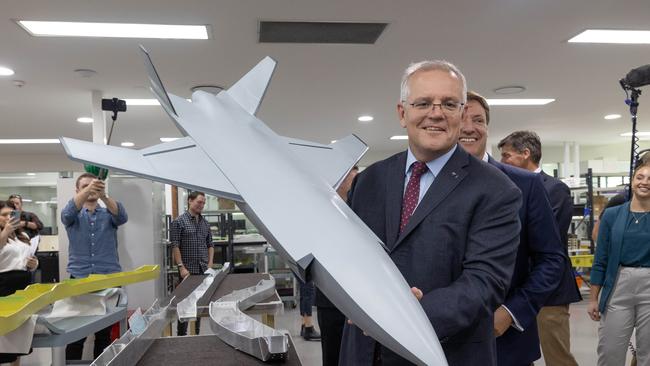
Only China’s dramatic and sobering security agreement with Solomon Islands, opening the possibility of a strategic Chinese military base to Australia’s east coast, seems to have cut through the campaign fog – and even that rapidly descended into a pointless blame game.
Of course, Albanese’s announcement on Thursday night that he had tested positive to Covid was another cut-through moment with unpredictable and incalculable impact on the campaign that could provide another sudden change in political momentum and diminish Labor’s ability to stay away from the main economic debate.
Otherwise, in a political debate stripped of meaningful economic discussion, when there is the risk of interest rate rises, higher inflation, fuel shortages, supply disruptions and more global shocks, there has been a concentration on cultural sensitivities or transforming highly important social policies, such as the National Disability Insurance Scheme, into a personal attack on Morrison’s “insensitivity”.
But not only have these social issues and inversion of arguments supplanted the fundamental priorities of a national election, they also threaten to expand and fill space for a national policy debate.
This transformation and growth of cultural differences to replace economic debate may seem like an advantage to some, but their metamorphosis is unpredictable. For instance, the attacks on Liberal candidate for Warringah Katherine Deves – including from Liberal MPs to have her disendorsed as a candidate – for making remarks about transgender people in her campaign to keep biological males from competing against females in sport began as a local dispute that was eagerly picked up by Labor.
But by the end of the week Deves’s position was being rationalised on a national basis where Morrison clearly saw that standing up for her freedom of speech, refusing to have her cancelled and broadening the argument into the basic question of whether biological men should compete with women in sport was a positive response. It also came as there were revelations of a draft schools policy in the Northern Territory to do away with gender-specific sports for children.
On Wednesday, Morrison defended Deves and said people were “sick of walking on eggshells all the time afraid they may offend someone”.
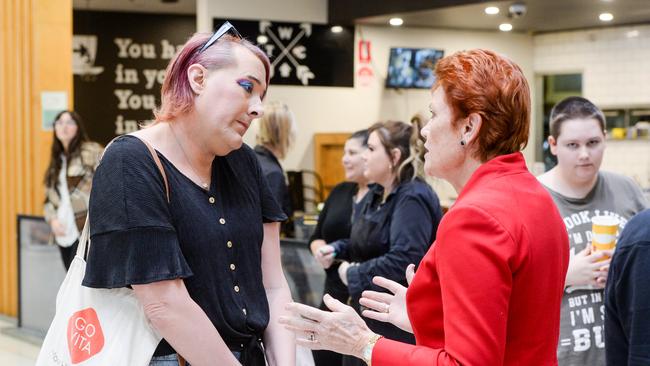
The following day, after Australia’s most successful Olympic swimmer, Emma McKeon, said “it’s just not fair” to expect female swimmers to compete against opponents who were born biologically male, Morrison went further: “Sports will make the decisions but my preference is for girls to play girls, for women to play women, boys to play boys, men to play men,” he said.
“I don’t think this is a terribly remarkable statement. I think it’s common sense.”
Even Albanese, when pressed, conceded he thought “girls should play girls” in sport.
What looked like a local nightmare for the Liberals could become a national boost for Morrison among conservative voters.
At the leaders’ debate on Wednesday night, in answer to a question from the mother of an autistic child about NDIS payments, Morrison set out the remarkable circumstances that the disability scheme was now “bigger than Medicare” – but the follow-up the next day was not about whether the NDIS was sustainable but, rather, whether the Prime Minister was insensitive for referring to being “blessed” for having two healthy daughters.
The mother’s concerns were not trivial – the NDIS is now a vital part of Australia’s social support but it is going to have to be controlled – yet the argument was about Morrison’s sensitivity.
When challenged about Labor’s policy of having registered nurses 24/7 in aged-care centres, which already has been exposed because of a shortage of nurses, Albanese fudged on where they would come from and instead went into horrific detail of some of the evidence before the Royal Commission on Aged Care Quality and Safety.
Labor’s response to how it would fund a pay rise for aged-care workers is to cite “maggot’s in wounds” or pureed scraps for meals. It’s horrendous but not typical of aged care and no answer to the massive challenge an ageing population faces well after the election.
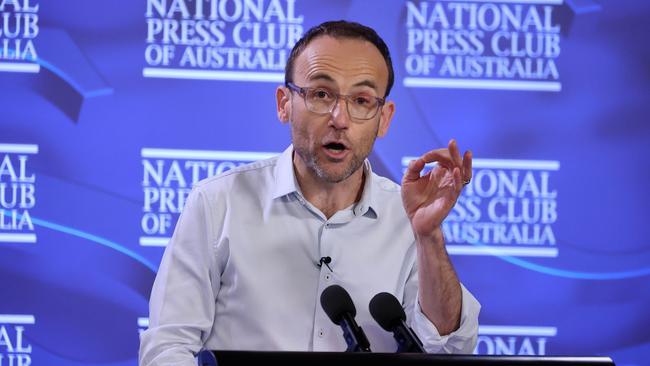
Albanese builds on his previous groundwork on alleged rorting and pork-barrelling by the Morrison government to offer a federal integrity commission along the lines of state-based anti-corruption commissions and has drawn support from the independents. Morrison objects to a state-style “kangaroo court”.
Again, it is an important issue – but should it rank above defence procurement and policy in an uncertain world or discussion about Russian-induced global fuel shortages, and how important they are to voters?
On climate change, the Greens and Climate 200 candidates want to end new gas, coal and oil projects in Australia and will use that as a bargaining chip to deal with a minority government, while the Coalition and ALP have a common target of net-zero carbon emissions by 2050.
Yet an analysis by the Institute of Public Affairs suggests more than 478,000 jobs, mostly in regional Australia, will be forgone under such a policy at a cost of $274bn in economic growth.
On welfare, Labor has agreed with the Coalition’s policy that JobSeeker payments will not be raised, so there is no debate on aspects of the biggest economic stimulus in Australia’s history – yet Labor is accused of running “a disgusting lie” and scare campaign directed at pensioners over an expansion of the cashless debit card.
At worst it is indeed a lie and at best a dubious supposition built on even more dubious assumptions that Morrison has denied outright, repeatedly. Albanese continues to assert it as Labor contacts pensioners with the scare campaign. Unlike the Mediscare campaign of 2016, this “lie” has been produced very early in the campaign and could form part of the narrative to polling day on May 21.
The lack of a national debate exemplifies the fractured nature of the electorate – there is no national move towards either of the main parties, there is no sense of direction and no real engagement of the issues that really matter.


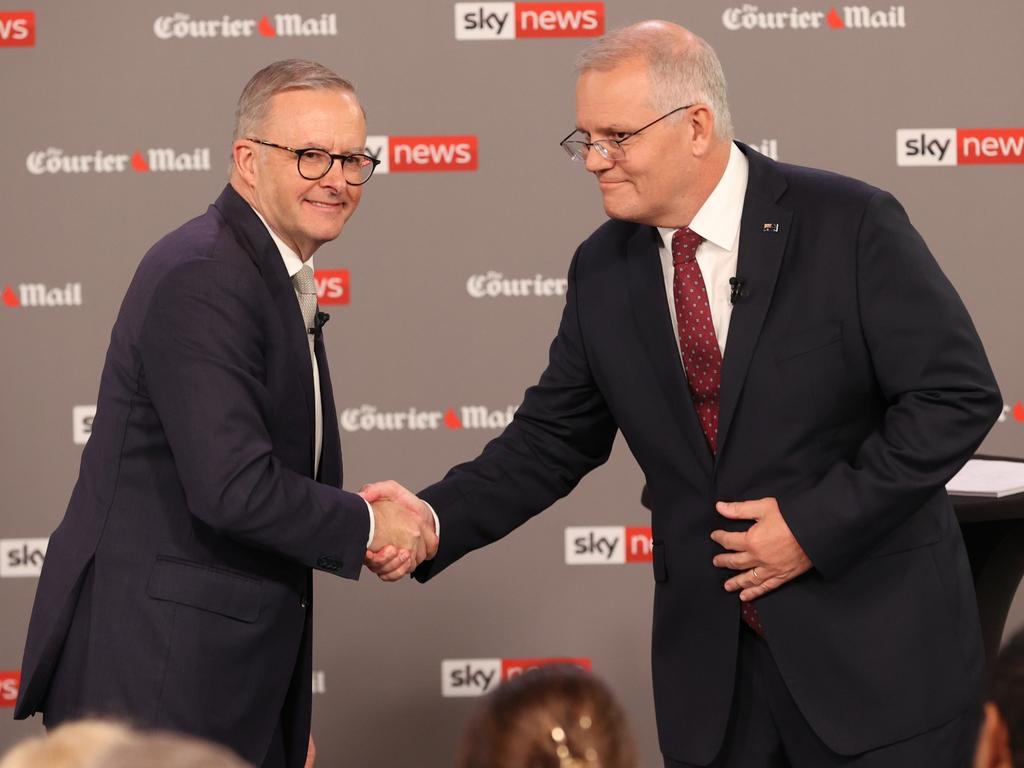
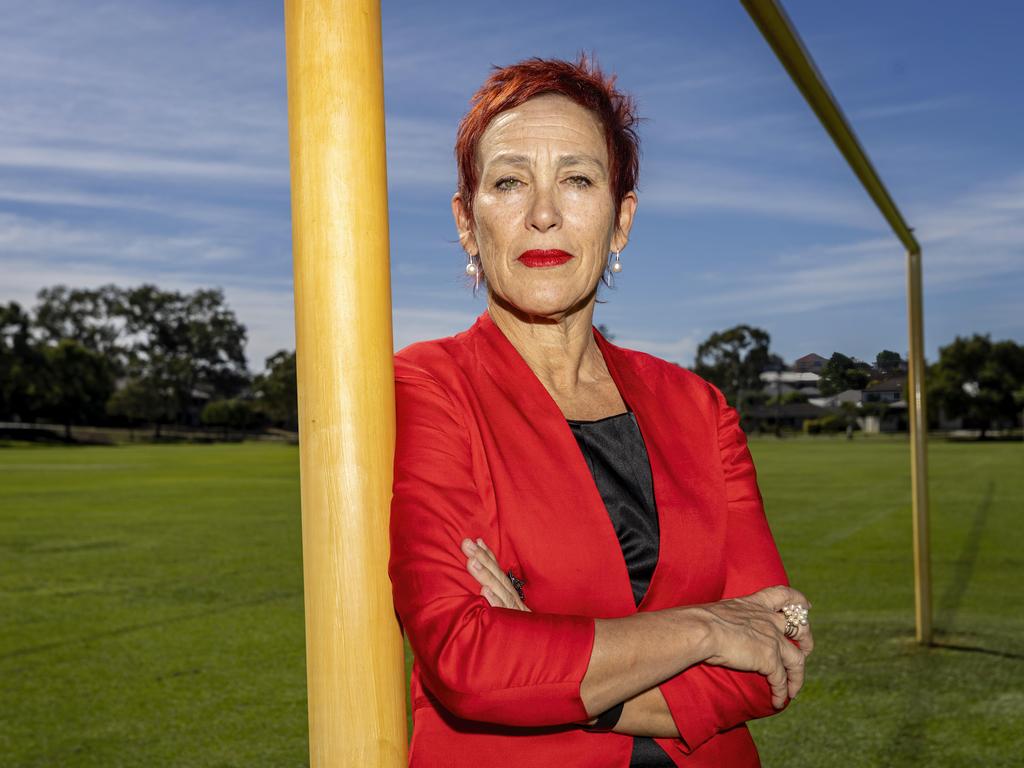
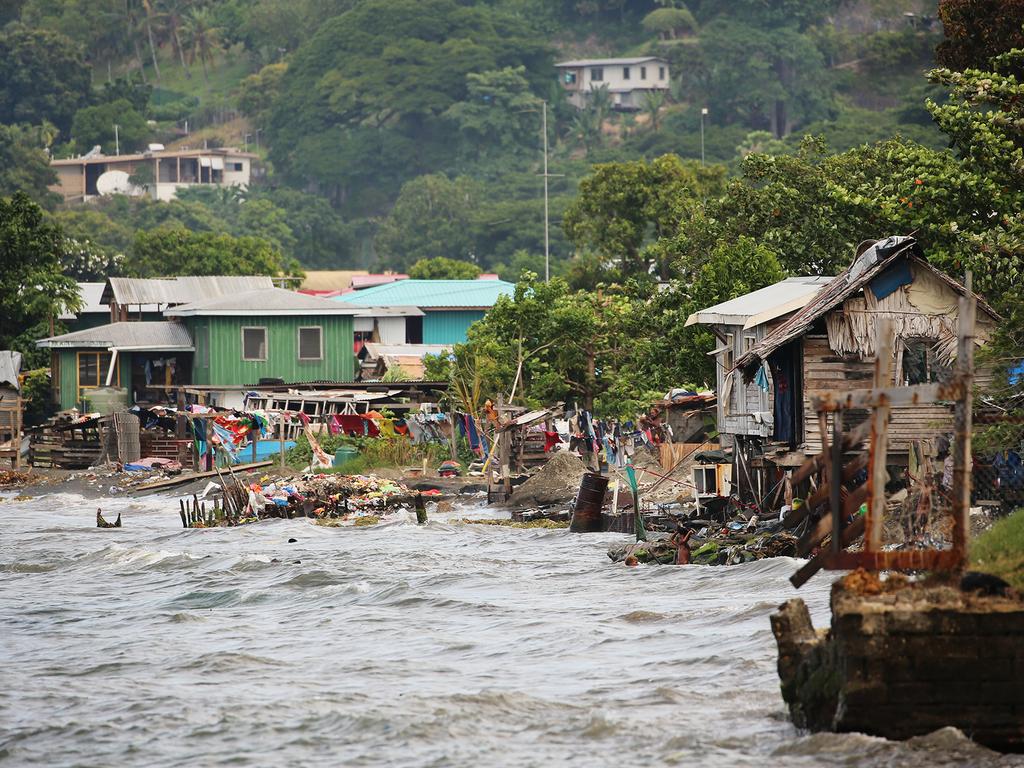

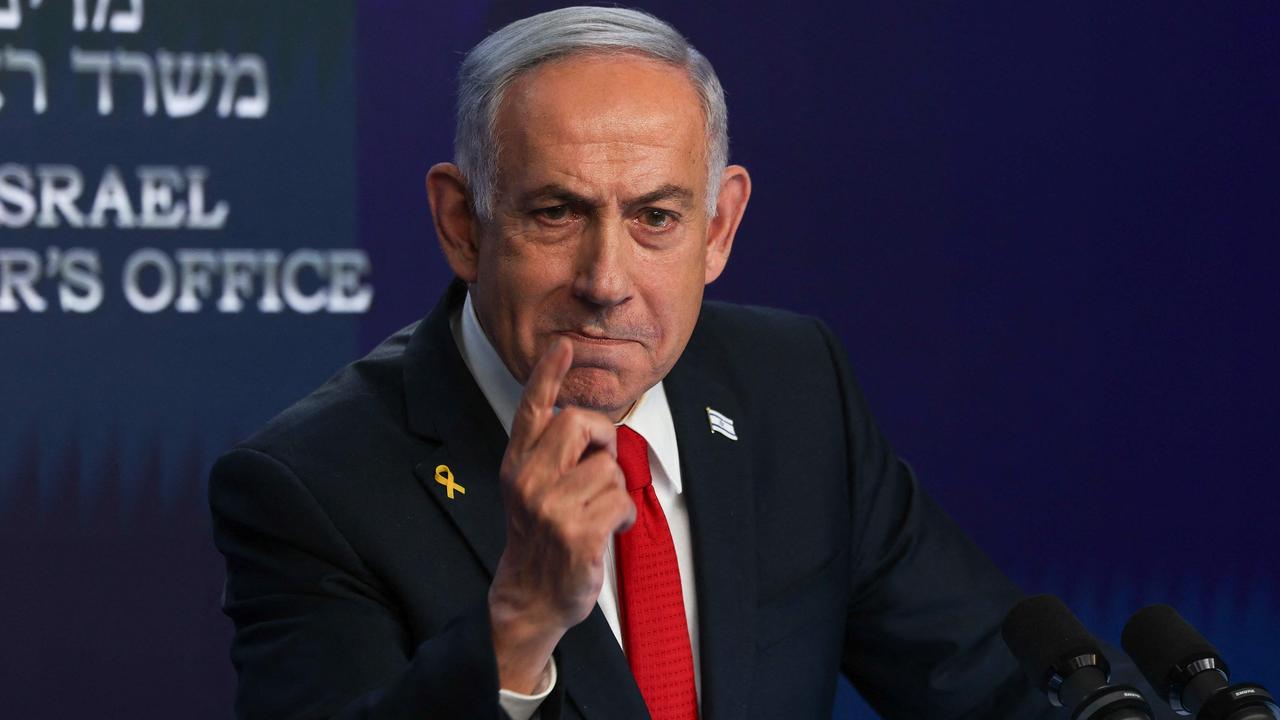
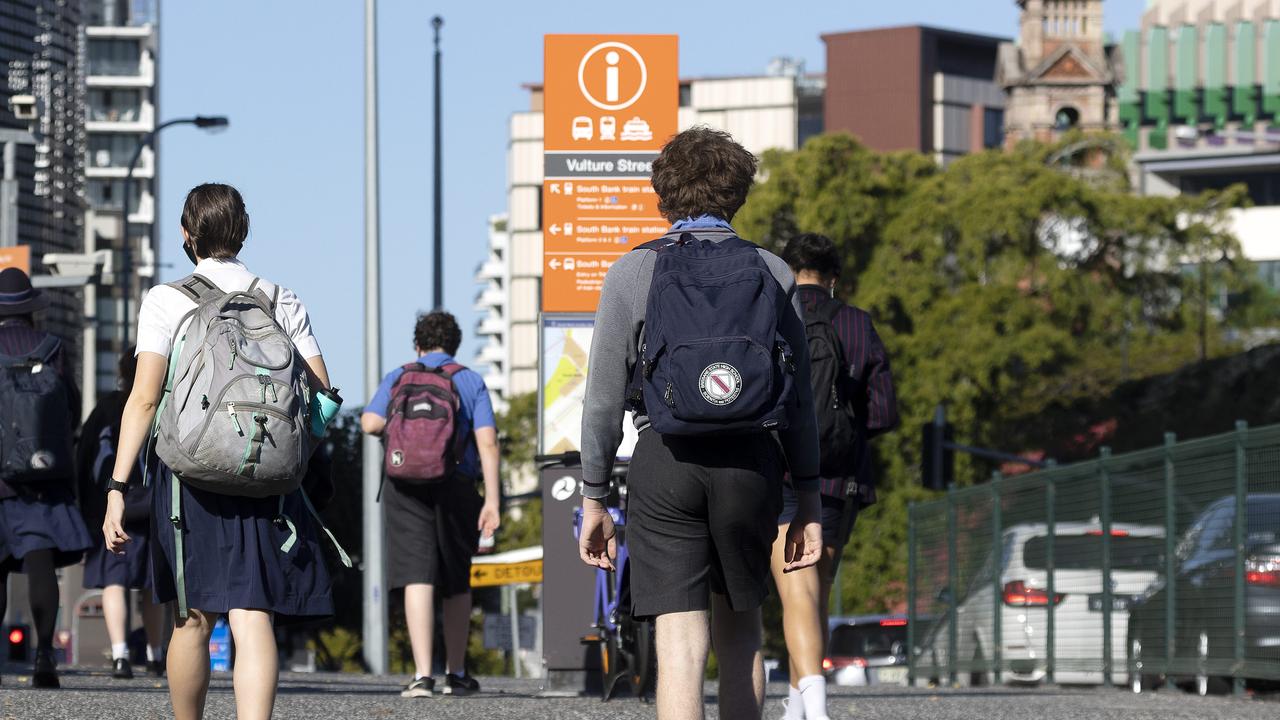
In the absence of defining policies and the presence of a loss of faith in politicians, this year’s federal election campaign is in danger of disappearing into its own navel as the debate is steered away from fundamental governance and diverted into cultural arguments and trivial insults.